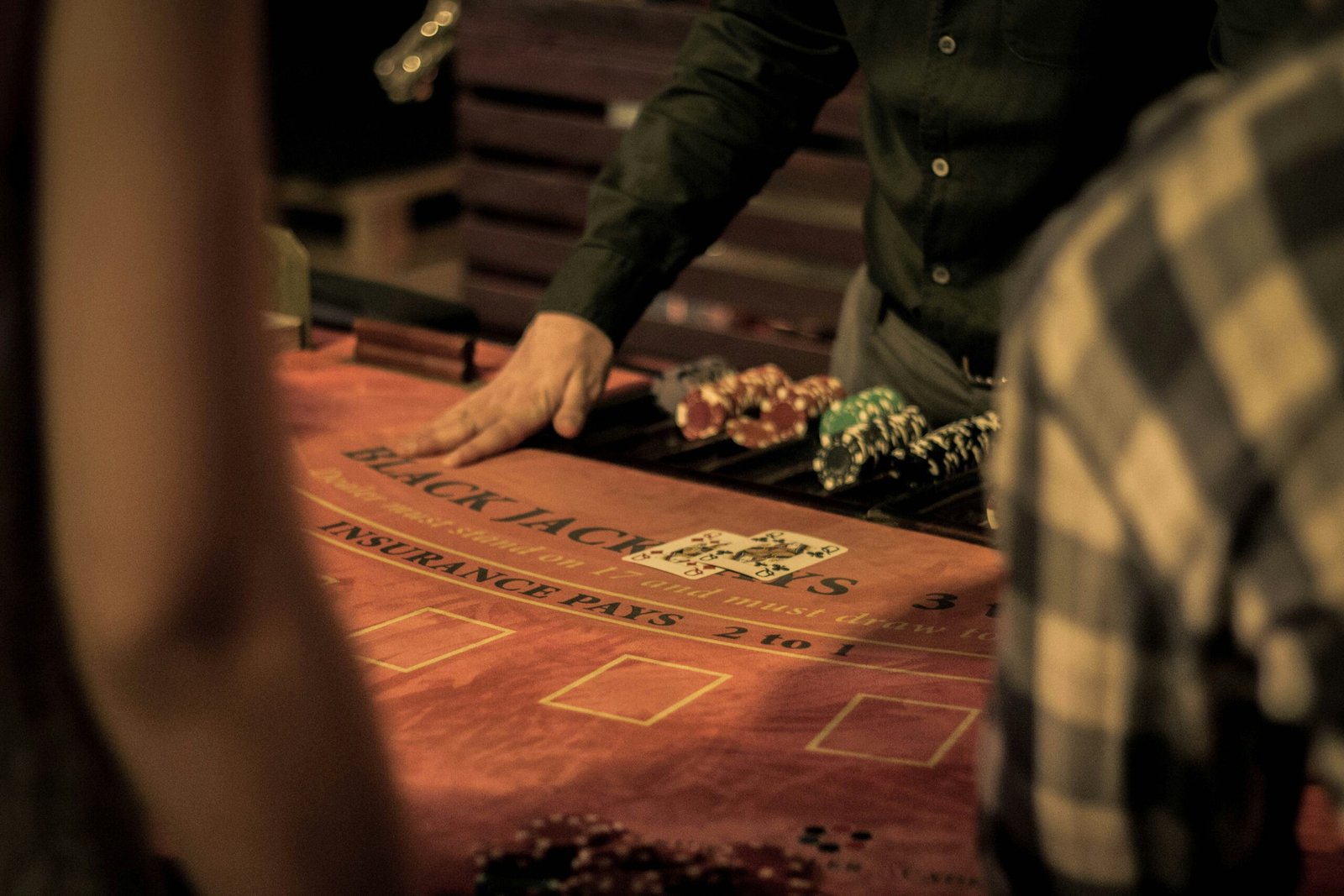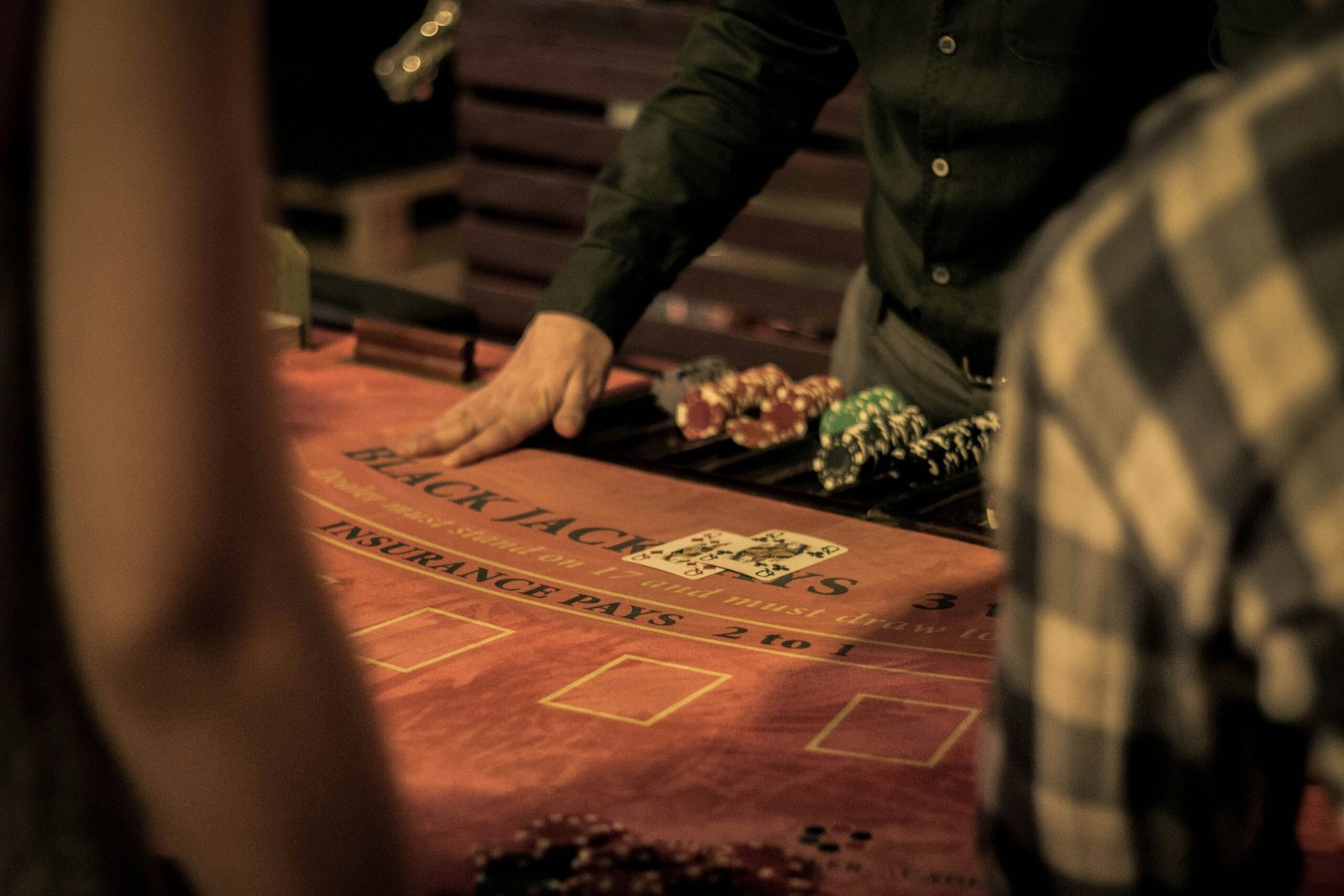poker
The Speculative Beginnings of Poker The origins of poker are shrouded in mystery, with scholars and enthusiasts alike proposing various theories regarding its inception. One prevailing narrative suggests that poker […]
Introduction to Paul Magriel Paul Magriel, often referred to as ‘X22,’ stands as a legendary figure within the poker community, heralded for his innovative approach and unique contributions to the […]
-
Pages



